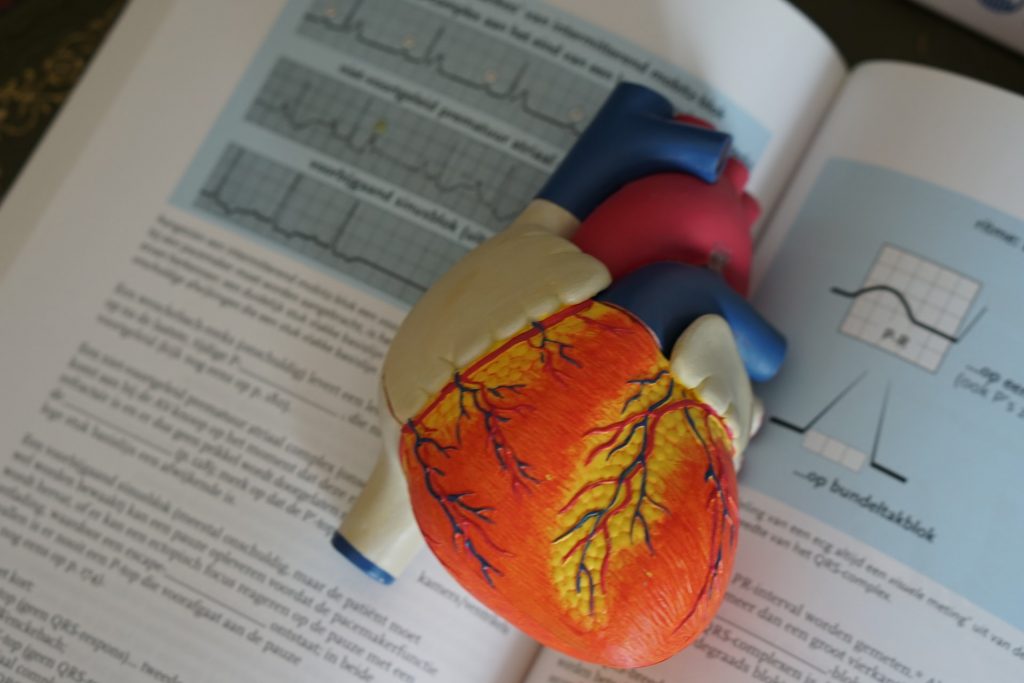Having high cholesterol is something that can be very problematic, and there are a few ways that you can try to combat this. You will need to be sure that you are eating the right foods, and that you are limiting your alcohol intake. You will also need to ensure that you are taking your medications.
Family history
Having a family history of high cholesterol isn’t an automatic sign of bad health. However, it does put you at greater risk for developing the condition.
Having high cholesterol is not something to ignore. It can lead to cardiovascular disease and atherosclerosis. It also makes you more likely to have a stroke or heart attack. You should talk to your health care provider about your family history of high cholesterol. A blood test may also be used to measure your cholesterol levels.
The best way to keep your cholesterol levels in check is to make healthy lifestyle choices. These may include exercise, eating healthy foods, and quitting smoking. Taking medications can also lower your cholesterol levels.
You may be surprised to learn that a family history of high cholesterol isn’t the only thing to worry about. There are other medical conditions that may cause your cholesterol to skyrocket.

Poor diet
Choosing the right foods for your diet can go a long way towards ensuring a healthy heart. In addition to avoiding processed foods, there are some foods that are better for your heart than others. For example, a diet rich in fruits and vegetables can lead to improved cholesterol levels.
The American Heart Association recommends consuming less than six percent of your daily calorie intake in saturated fat. Foods that contain this fat include meat and dairy products. There are a few other ways to limit your cholesterol intake, including exercising regularly and avoiding smoking.
If you have a history of heart disease or other health complications, it is best to choose lean meats and low-fat dairy products. If possible, avoid foods that have added sugar, such as ice cream. You can also avoid fried foods and other foods cooked in deep fryers.
Smoking
Having high cholesterol is a major risk factor for heart disease. It means that the walls of your arteries are clogged with fatty plaque. This can cause a heart attack or stroke.
Smoking causes damage to the arteries by blocking them. It also increases the risk of high blood pressure, diabetes, and other diseases. Smoking also causes damage to the lungs and heart.
Smoking increases the amount of low-density lipoprotein (LDL) cholesterol in the blood. LDL cholesterol is carried by high density lipoproteins (HDL) to the liver, where it is then eliminated. A high level of LDL cholesterol can clog the arteries and cause atherosclerosis.
Smoking also damages the endothelial cells that line the arteries. These cells play an important role in maintaining vascular function. When these cells are damaged, the arteries narrow, reducing oxygen to the body’s vital organs. Smoking can also cause inflammation, which increases the risk of cardiovascular disease.
Triglycerides
Having high cholesterol and triglycerides is a risk factor for heart disease. They are also linked to obesity. So how can you lower your risk?
High cholesterol and triglycerides can be caused by a number of factors, including diet, lifestyle and genetics. By changing your diet and increasing physical activity, you can lower your risk. If your doctor determines that you have high cholesterol and triglycerides, he or she may recommend medication. This can include a blood thinner or a prescription medication to lower your triglycerides. However, it is important to make sure you are taking your medication as prescribed. You may also need to take blood tests to check your liver and kidneys.
Triglycerides are fats that are stored in the body. They are energy-dense macronutrients that provide fuel for cells. They also provide energy to the body by breaking down carbohydrates into glucose. When you consume a meal, your body signals the liver to convert the excess glucose into triglycerides. These triglycerides then circulate in your bloodstream.
Prevention
Several factors contribute to high cholesterol. These include a sedentary lifestyle, smoking, obesity, diabetes, and medical conditions. However, there are modifiable factors that can change the risk of cardiovascular disease.
These factors include dietary choices, medication, and physical activity. These factors can be modified to reduce the risk of high cholesterol. It is also important to monitor these factors and plan interventions accordingly.
The Heart Foundation Australia recommends eating a diet rich in dietary fiber and unsaturated fats. These foods help lower cholesterol levels. A heart-healthy diet is low in saturated fat, salt, and sugar. It is rich in fruits and vegetables. Adding nuts, fiber-rich legumes, and olive oil to your diet can also lower cholesterol levels.
Several studies have shown that a diet low in saturated fat can lower cholesterol. However, there are also a number of other factors that contribute to high cholesterol.
In summary, the most important thing in dealing with cholesterol – is to find out what the underlying cause of your high cholesterol is. There may be multiple reasons for your high cholesterol and the underlying cause needs to be treated in order to bring your levels down.





Phenix Health delivers online health services 24/7 provided by Australian doctors and healthcare professionals.